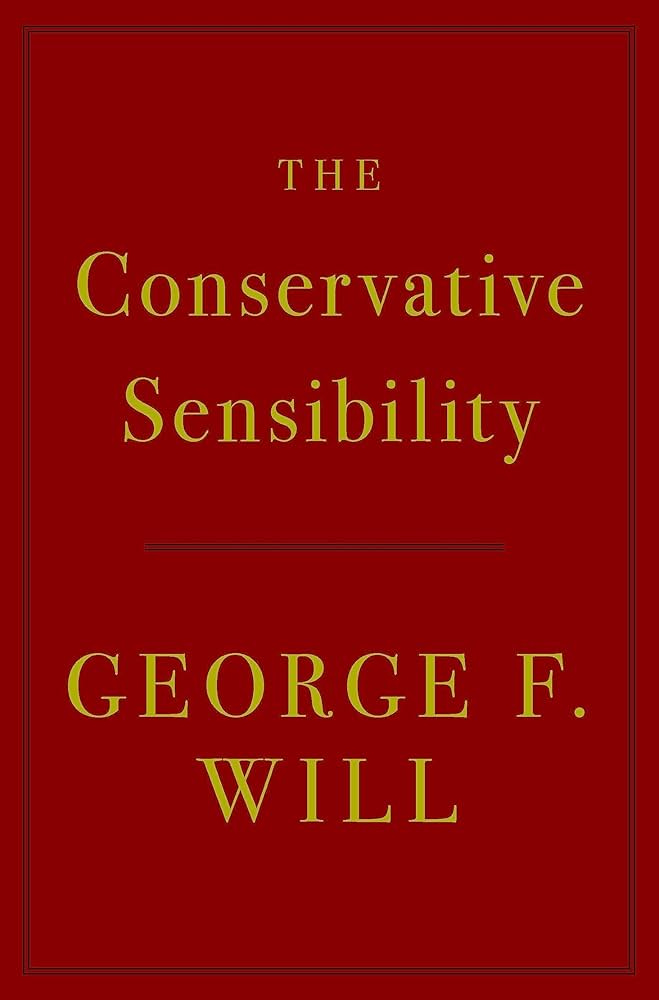Literature and politics
Two examples from George Will
In the Arlington Central Library (which had no Herman Melville available, I was almost speechless), I picked up George Will’s The Conservative Sensibility, a very good book about its subject (the history of the dichotomous philosophies of the classically liberal Founders and the modern liberal Progressives, a Madison vs Wilson view of the United States). (One of the north Arlington liberals saw me reading this book by the pool, and wasn’t so impressed. Still, it was better than the reaction to my copy of Mitt Romeny’s book!)
Two passages about the interaction of literature and politics caught my eye. First this, about T.R.
The twentieth century began for America with a bang, that of the assassin’s bullet that in 1901 put the boisterous Theodore Roosevelt, just forty-two, in the presidential chair that had been occupied by a notably sedentary man, William McKinley, who in 1896 had campaigned seated on his front porch in Canton, Ohio. Roosevelt was, as a contemporary said, “a steam engine in trousers.” This Harvard-educated patrician cowboy from Manhattan galloped into the Dakota Badlands wearing spurs and a pearl-handled revolver from Tiffany, and charged up San Juan Hill in a uniform from Brooks Brothers. He was the first president born in a big city, and the first known to the nation as an intimate—by his initials. A toothy grin crinkled his entire face as he lived life as “one long campaign.” Author of thirty-six books and 100,000 letters, the most intellectual president since John Quincy Adams sometimes read two books a day—some in Italian, Portuguese, Latin, Greek, or other languages he knew, and he could recite the entire “Song of Roland.” Just as he transformed himself from a frail asthmatic child too starved for breath to blow out his bedside candle, he transformed the presidency.
And then this splendid citation of The Girls of Slender Means, (one of Spark’s best books, incidentally); this is a good example of how ideas find their way into literature without being explicit.
Invocations of martial solidarity should grate on free people. In Muriel Spark’s 1963 novel Girls of Slender Means, the membership of a women’s club goes to Buckingham Palace to celebrate V-E day on May 8, 1945. They joined in “the huge organic murmur of the crowd,” in which “many strange arms were twined round strange bodies” and “many liaisons, some permanent, were formed.” Then tomorrow arrived. “The next day everyone began to consider where they personally stood in the new order of things. Many citizens felt the urge, which some began to indulge, to insult each other, in order to prove something or to test their ground.” Yes, where did they personally stand when the collective strenuousness of war subsided? Individualism must occasionally, in exigent circumstances, yield to solidarity fused by danger, as the New Deal faced. But such solidarity should not be a norm aspired to.
Will is writing, here, in the antithetical spirit to Roosevelt, and you may feel strongly about which of them you agree with, if either; but the important point is that both are able to think broadly about politics because of their immersion in literature as well as the other liberal arts.



You know you can get DC, MoCo, FFX Co., and Alexandria library cards from Arlington.
Why the intrusive apostrophe (it’s) when it is the possessive form being used? I would expect better. A Hunter Powell.